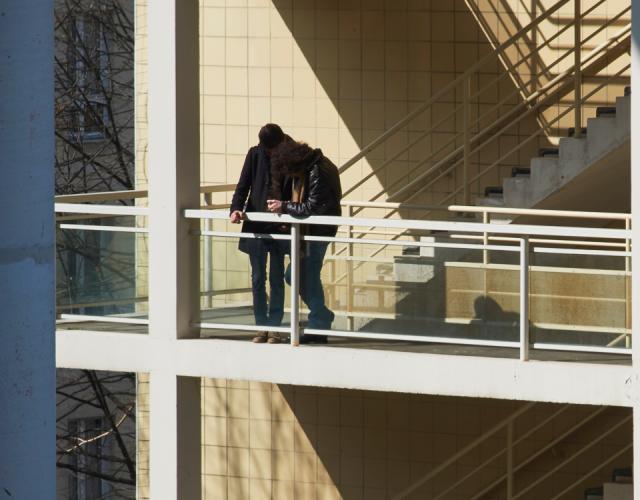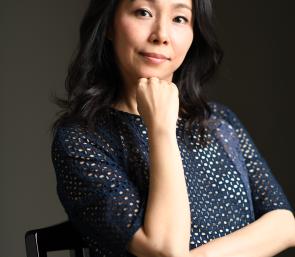
Tuba
INFORMATIONS
-
Objectives and content
Basic technical work using orchestral instruments such as the bassoon, cello, double bass, trombone, etc.
Balance between body and instrument; breathing and relaxation techniques.
Study of many aspects of contemporary writing:
- new techniques for working with an audio and video broadcasting device or computer;
- sound processing.
-
Assessment terms and conditions
1st YEAR HIGH SCHOOL
1st year exam
- a compulsory work, posted two months before the exam ;
- a work imposed by the teacher ;
- orchestral excerpts chosen by the teacher.
2nd year examination
- one compulsory work, posted two months before the exam ;
- one work or study of your choice, in agreement with the teacher.
DNSPM final examination
Public recital
Duration: 30 minutes maximum
- a contemporary work chosen from those worked on during the school year, posted two months before the examination;
- a compulsory work from the repertoire, posted two months before the exam;
- a work of your choice, in agreement with the teacher.
The Tuba1st cycle certificate is awarded to students who pass the DNSPM final examination.
The certificate is awarded on the basis of the jury's decision at the end of the DNSPM final examination.
2nd higher cycle
1st year recital
Non-public recital
Duration: 40 minutes maximum
- one compulsory contemporary work, posted two months before the examination ;
- two works of your choice, in different styles, in agreement with the teacher;
- an oral commentary by the jury after deliberation.
2nd year recital
Public recital
Duration: 50 minutes maximum
Free programme
The Tuba Prize is awarded to the student who obtains an award in each of the two2nd cycle recitals.
The mention for the Tuba Prize is the mention awarded by the jury for the free recital in the2nd year of the2nd cycle.
-
Duration of studies
Throughout the course.
-
Reward
Validated
-
Erasmus
Yes


